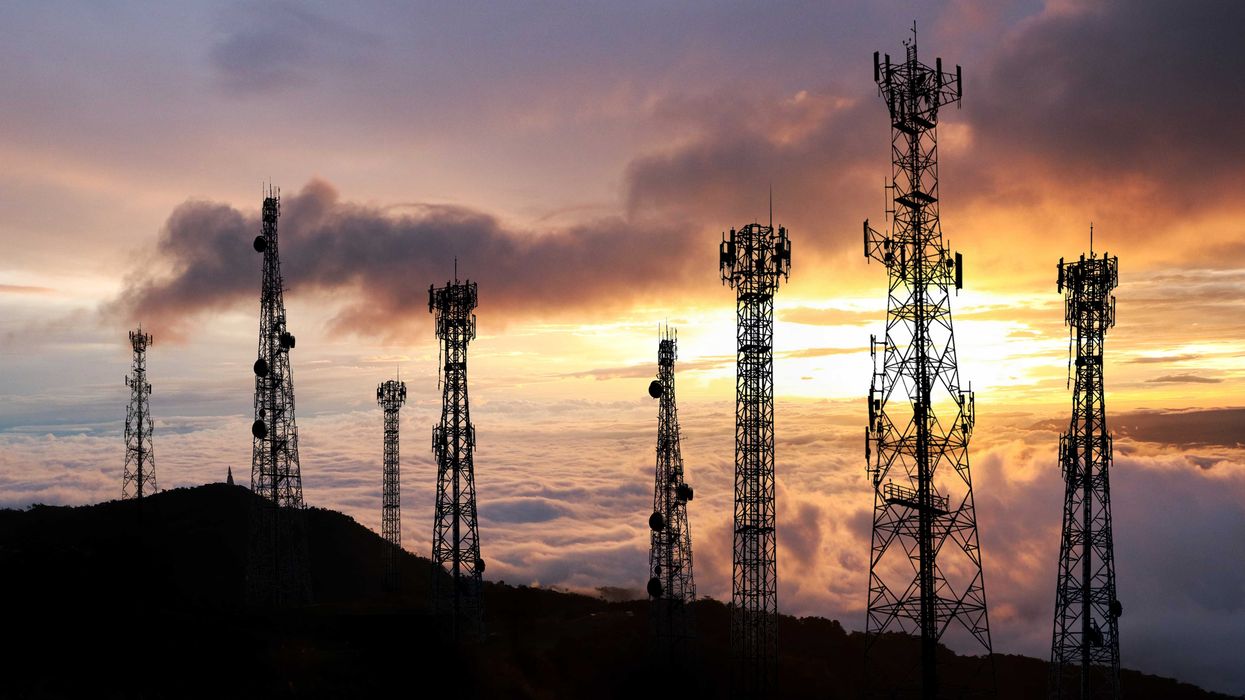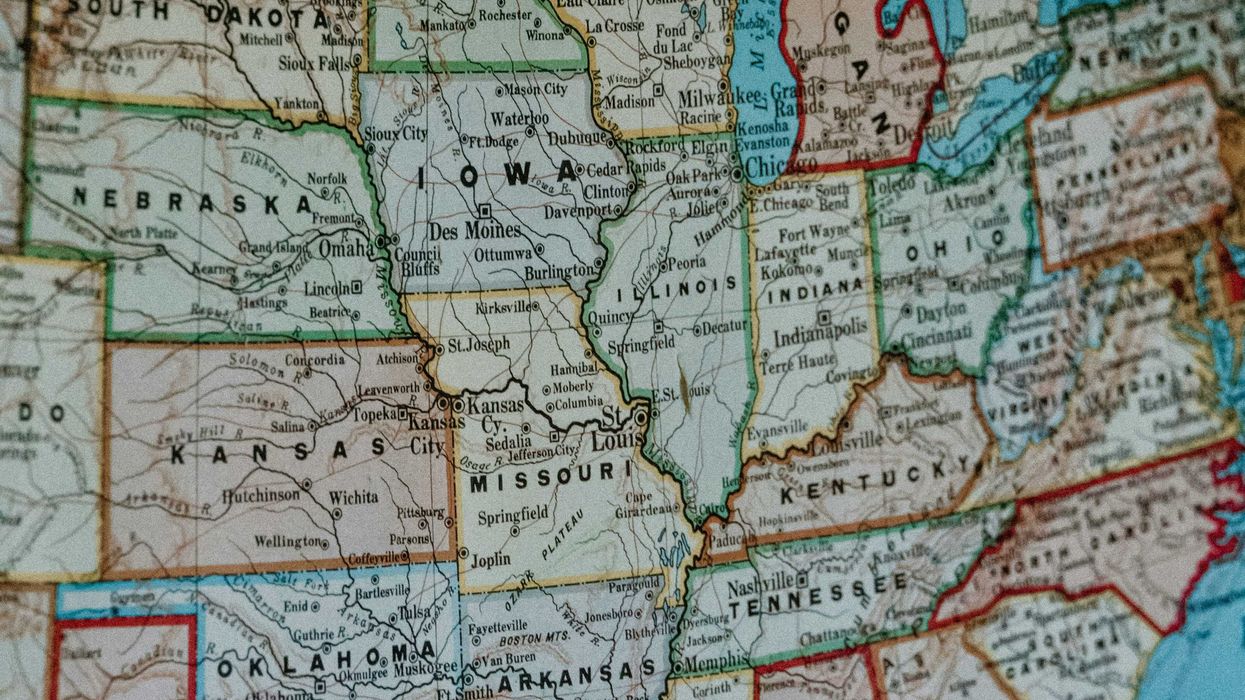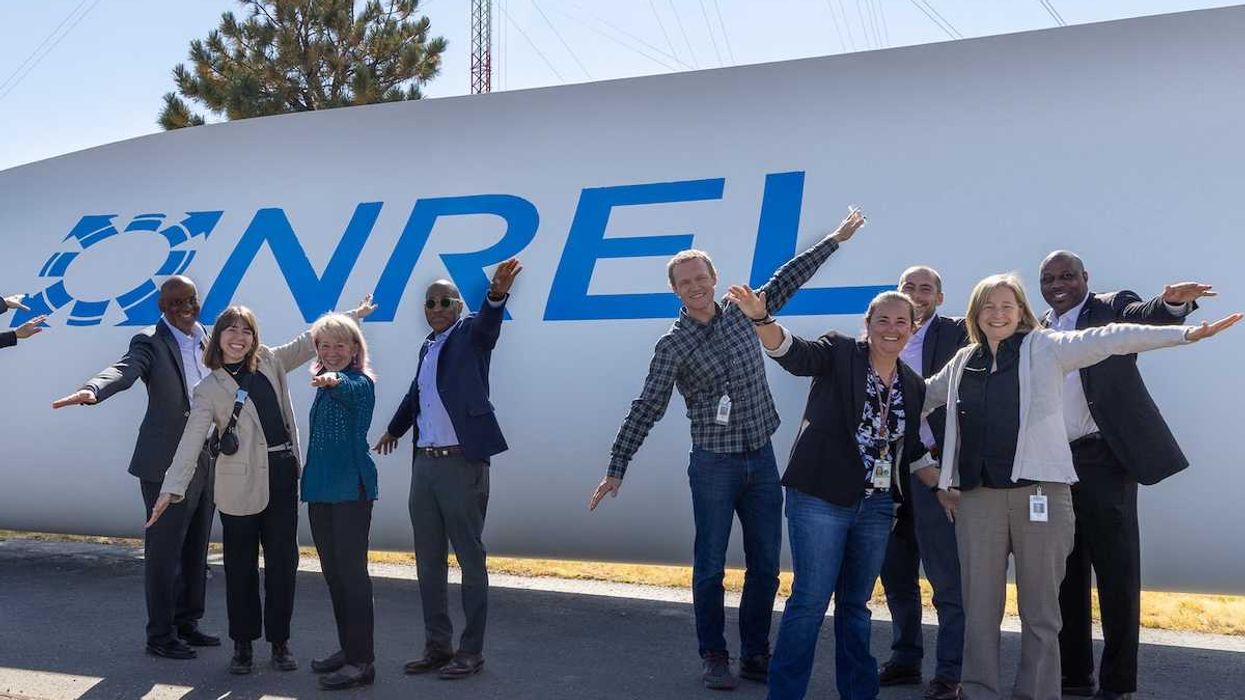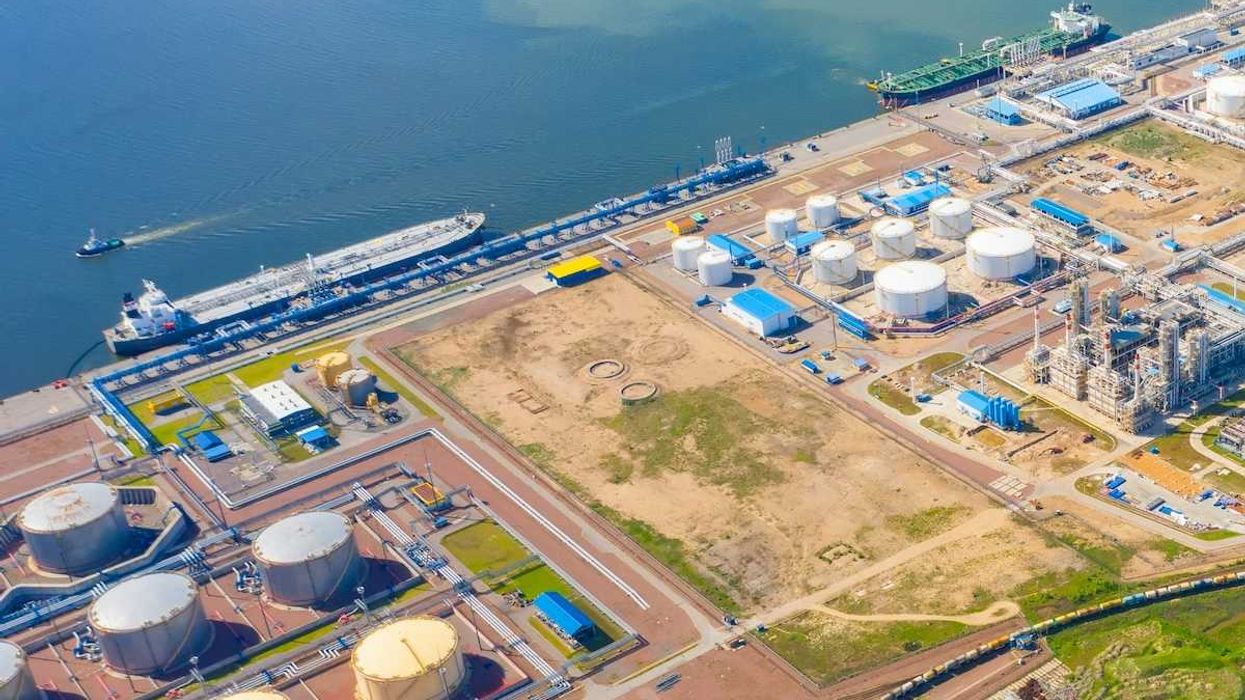A rural Oregon community is battling the expansion of one of the state’s largest landfills, raising alarms over methane leaks, PFAS pollution, and a waste industry built to bury accountability.
Jaclyn Moyer reports for High Country News.
In short:
- The Coffin Butte Landfill, now owned by Republic Services, has quietly become Oregon’s second-largest dump, leaking methane and toxic “forever chemicals” into nearby air and water.
- Community group VNEQS organized to stop a proposed expansion onto land once promised as a buffer; their research revealed widespread regulatory failures and troubling health complaints.
- Workers exposed unsafe conditions and U.S. Environmental Protection Agency reports confirmed major gas leaks, yet no penalties have been issued, prompting residents to push for stronger emissions monitoring laws.
Key quote:
“I didn’t know whistleblowing brought on a kind of PTSD. You have the photos, the emails, and still you’re getting gaslit, they’re saying, ‘No, these things aren’t happening.’ Sitting around waiting for an unemployment check, you start questioning yourself. It’s just hellish.”
— Robert Orton, former landfill heavy equipment mechanic and whistleblower
Why this matters:
Leaking methane, seeping PFAS, and bleeding public trust, the Coffin Butte Landfill is emblematic of a system that’s been eroding under the weight of deregulation and corporate convenience. As climate risks grow and federal protections contract, local fights like this one are shaping the future of waste management and who bears the cost.
Read more: Pollution from a Pennsylvania landfill caused problems for decades. Fracking waste made it worse














